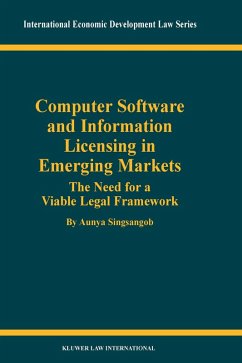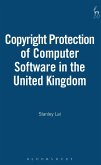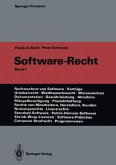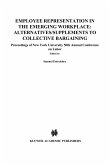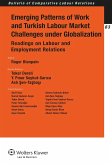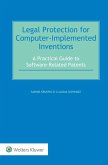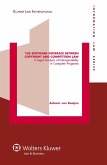In this signally important book Dr. Singsangob presents the case for such a framework with rigour and intensity. Her clear-sighted analysis brings into relief, time and time again, many relevant factors, including the following:
- . the ongoing business strategy whereby owners of software and information impose licensing agreements drawn up to their own advantage while merely
- . the vicious cycle that sets in when a country cannot control the internal distribution of software and information, leading to a general lack of confidence in that country's standards and quality and the consequent withdrawal of investment; and
- . the need for a gradual transition from the contract-based licensing approach (albeit on a more equitable basis) to a specific law such as the model law in preparation by UNCITRAL.
Dr. Singsangobfs study is enhanced by in-depth comparative analysis of numerous provisions in applicable laws of the United States, Thailand, and the European Union, as well as international conventions and the U.S. Uniform Computer Information Transaction Act (UCITA). Although she clearly exposes the conflicts and incompatibilities that underlie the complexity of this area of the law, she argues that a viable legal regime is not far to seek, although time must be allowed for the current bias in favour of licensors to be corrected. She asserts that some such fundamental legal change must occur if we are to have a democratic future.
This is a book that promises to bear fruit in the thinking and policymaking of professionals in a number of fields, including economic development, contract law, technology development, and communications law.
Dieser Download kann aus rechtlichen Gründen nur mit Rechnungsadresse in A, B, BG, CY, CZ, D, DK, EW, E, FIN, F, GR, HR, H, IRL, I, LT, L, LR, M, NL, PL, P, R, S, SLO, SK ausgeliefert werden.

